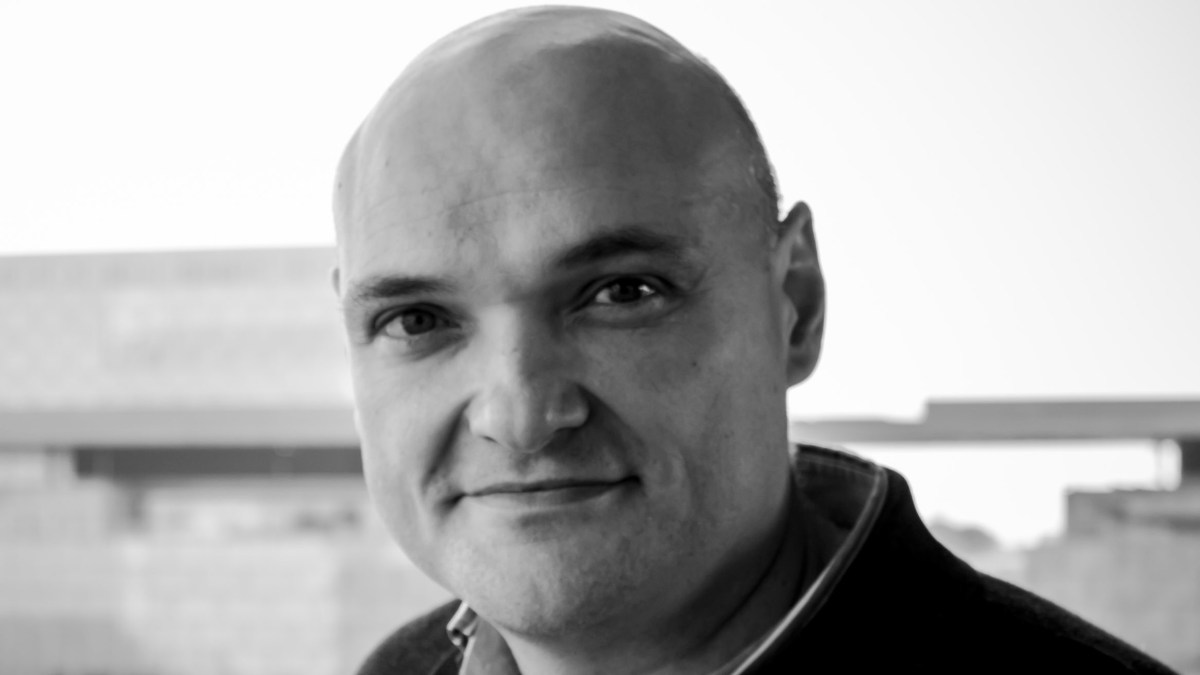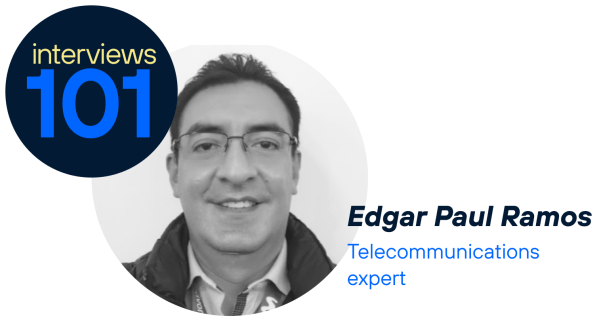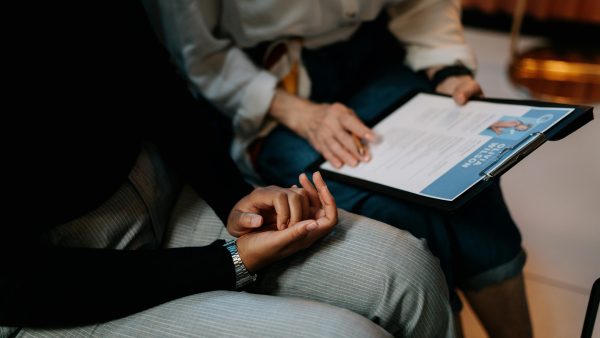I have already had years of experience and a lot of reading and learning behind me. I like to be responsible and productive with my life.
Creativity and order
There was a time when I thought that creativity was at odds with order. Something like they were incompatible. It was a somewhat naïve and, I imagine, immature vision. In our minds we envisaged great artists locked up in their studios, cluttered by disorder, almost bordering on Diogenes syndrome. Accumulating ideas, the “eureka” moment and rummaging through a bucket of papers until they found the “truth” that would dazzle destiny. But I no longer believe in that and on the contrary I look for spaces of freedom and open windows, where everything is in its place for the mind to work and reflect. For me this is a number one priority.
Methodologies and tools I use
There are a lot of methodologies and workbooks. Some of them are inspiring, like “The Seven Habits of Highly Effective People”. For example, I personally and insistently follow the so-called GTD (Get Things Done) methodology, which seeks, broadly speaking, to capture all the tasks ahead of you and assign them to vital contexts. In this sense I am a bit of an extremist, and I apply it systematically, I build lists for all my environments: work… and personal, of course. When a task appears, if it exceeds a minimum complexity, I dump it and order it, and my mind is freed. If you are interested, I use Microsoft’s “To do” tool, although I know there are others.
In addition, as a good knowledge worker, I use the tools you all know so well in the office or on the move. We are slaves to the “office” in any of its variants: We will be known for generating ppt (and in my case also Word, because I believe that ideas are always best conveyed in words) and Excel (because we need the numerical support to justify our decisions robustly). Therefore, the more we know about them, the more skilful we will be and the less effort we will be able to devote to formatting and reworking them at the last minute. But there is much more.
Because my day-to-day life doesn’t start today, but my day has been building up in the past. My agenda must contain everything. It should be this compass that I prepare and review the day before and that organises me on a weekly basis. It is the focus of my daily life. And that is why I manage a single diary with multiple calendars.
I must admit that my relationship with email has changed radically. It no longer exclusively guides my activity, and even less is it the source that orders my priorities, but it is one more source of input for communication with third parties to prioritise. It is interesting to understand how we organise ourselves in the “right now”. Mail is not a real-time tool at all, perhaps instant messaging with certain interlocutors is: urgency always has its moment. This brings us to the most important part of my work and the part to which I dedicate a large part of my efforts: coordination and collaboration.
Internally, we have been using an Agile methodology with a KANBAN board in our team for more than a year. Several times a week we review the cards of each of the activities in progress (analysing and prioritising, doing, blocking, recurring, backlog…) and it has therefore become a good tool for building our reports and moving forward with our plans. And for the outside world, we have the social interactions, both virtual (in meetings in preferred format, 30 minutes maximum) and face-to-face. I have to admit that my way of working is radically different, the pandemic has changed me, and I have to tell you that I like the way I am now, especially when the hybrid is imposed and we can enjoy the richness of both worlds. And I must confess that I am one of those people who turn on the camera as soon as they are given the chance. I need to understand my interlocutor… and the voice is often not enough. Now I am happy with my interactions with teams, especially managing that delay in the conversation, the one that caused me so many headaches at the beginning.
Finally, for those who know me, you will know that, although I love words (as a force and meaning of human communication), I am also passionate about data. In this last aspect, and as part of my PhD, I discovered Knime (I am proud to be one of the first to use it at Telefónica), a relevant tool that allows us to generate and discover insights in a surprising way through graphic data analytics. Our job in marketing is a bit like that: to be partly a market detective and then also a producer of dreams (and of course of business).
And I conclude with a fantastic quote from Marcus Aurelius that basically describes the meaning of my efforts at Telefónica, “The secret of every victory lies in the organisation of the non-obvious”. That’s how I am in my work.











